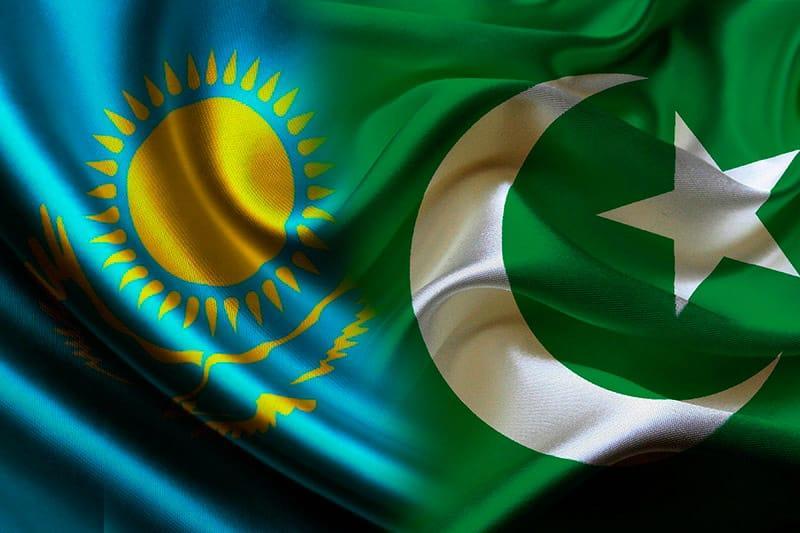Religious Freedom Day commemorates the adoption of Thomas Jefferson’s seminal Virginia Statute for Religious Freedom by the Virginia General Assembly on January 16, 1786. The statute, written by Jefferson in 1777 and shepherded through the legislature by James Madison in 1786, served as the foundation for the establishment clause of the First Amendment to the United States Constitution, resulting in religious freedom for all Americans. Since 1993, the President of the United States has proclaimed January 16 as Religious Freedom Day. In Minnesota, legislation has been introduced to commemorate Religious Freedom Day.
Millions of Muslims migrated to Pakistan in the hope of exercising absolute religious freedom, which was previously denied to them in the Hindu-dominated Subcontinent. Seven decades later, a homeland created by a subcontinental minority is shrinking for its minorities. The latest incident of religious intolerance targeted Shri Krishna Mandir, Pakistan’s first Hindu temple in Islamabad. A national introspection is required to reflect on how Islam’s followers went astray and ended up becoming a threat to their religion. It is impossible to eradicate once it has infiltrated a human mind.
Once the seeds of intolerance are tilled, they grow and embed themselves so quickly and deeply in society that the general public loses all awareness of them. Every religion is holy. If Pakistanis do not have a big enough heart and a big enough land for its minorities to build their places of worship, they will not only lose the moral ground to whine and protest about Muslim oppression anywhere in the world but they will be equated with RSS/Hindutva followers who are persecuting Muslims in India. Every religion preaches peace unless it is hijacked by extremists who use it as a tool to deceive the masses. No religion can pose an external threat to another religion.
Muhammad Ali Jinnah’s first Presidential address to Pakistan’s Constituent Assembly on 11 August 1947 is a classic and forceful defence of a secular state in which every citizen is free to practise his or her own religion. The State shall make no distinction between citizens based on their religious beliefs.
















